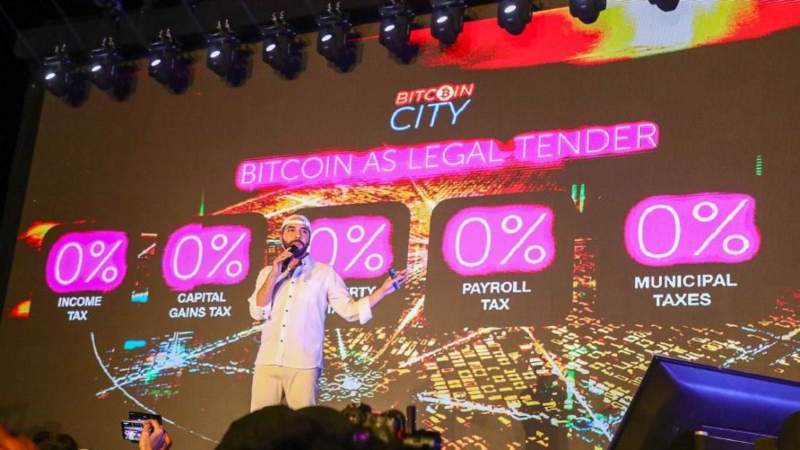This is $ESOY, a digital asset that guarantees the price of a bushel of soybeans (Anglo-Saxon measurement equivalent to approximately 60 pounds).
El Salvador’s National Digital Assets Commission (CNAD) authorized the first public offering of digital assets for the amount of $100 million. This is the issuance of $ESOY tokens by the eGrains company, as stated in the notification of the start of the public offering posted on the CNAD site. It is valid since January 18, 2024 and is signed by its CEO, Brazilian citizen Bruno Leon Vinik.
That token, $ESOY, is collateralized by the price of a bushel (about 60 pounds) of soybeans. Currently, each of these is trading at $11.19 on the ESOY index, which will be explained later in this note. The public offering launch notification stated that a total of 7.6 million tokens will be available for issuance. So, the total is around $85 million.
According to what can be read in the information published by CNAD, eGrains is the first company authorized to become a digital asset issuer in El Salvador, since there is no other company in the field of “issuer”. However, several are listed as digital asset service providers, including Binance (recently approved in the United States) and Bitfinex, the company that will support the El Salvador government in issuing Bitcoin bonds.
Read more: El Salvador’s alleged Bitcoin investments are at risk again
In the case of this first issue, the person in charge of providing the services is IB Maker X, SA de CV, which received its license on December 5, 2023. Its business name is Enor Securities Exchange. It seems to have a very close relationship with eGrains, as its CEO, Bruno Vinik, is also the Chief Operating Officer of the eNor Securities exchange, according to his LinkedIn profile.
“All digital assets are backed by tangible assets that can be claimed by token holders. This support is established through traditional contracts as well as specific token infrastructure assigned to the business, regardless of its geographic location,” said Torres Legal Managing Partner Hector Torres, who served as legal advisor to the operation. Work done.
“The issue complies with international standards of security, transparency and traceability, and is backed by physical contracts on soybean futures, which guarantees its value and liquidity,” explained Daniel Leiva, a partner at Torres Legal.
“Those who understand the benefits of blockchain technology know that we mark a new phase in the financial system, where investors and supply chains are integrated completely, directly and without borders. This is changing the entire existing financial model. And will definitely put Salvador in the next financial services center,” Brazilian Rodrigo Mendes, CEO of Einor Group, also said on his part.
Details for investors
In the relevant information document related to $ESOY, it is indicated that the owner of the token will be able to exercise his rights to execute one of the following settlement options: Physical settlement of soybeans, which is the right to delivery of the equivalent material Gives bushel ; The financial settlement gives the right to income from the sale of equivalent bushels of soybeans; and rollover, which gives the right to produce the next soybean for an equivalent number of bushels.
It warns that settlement will only be possible during a predefined time period, which will be between March and April each year.
“Owners will be notified of the exact start and end dates in the first 30 days of January each year. If no communication is made, the starting date will be the first business day of the month of May,” the document said.
The $ESOY token is quoted and traded against the ESOY index. To calculate this, the average price of physical soybeans is considered, as well as the prices of soybean futures contracts for the May closest harvest.
“The ESOY index is quoted between the price of soybean futures and the price of physical soybeans delivered to investors and the stability of the price of electronic grain soybean supplies in the face of external influence on prices.” document.
return to cover

